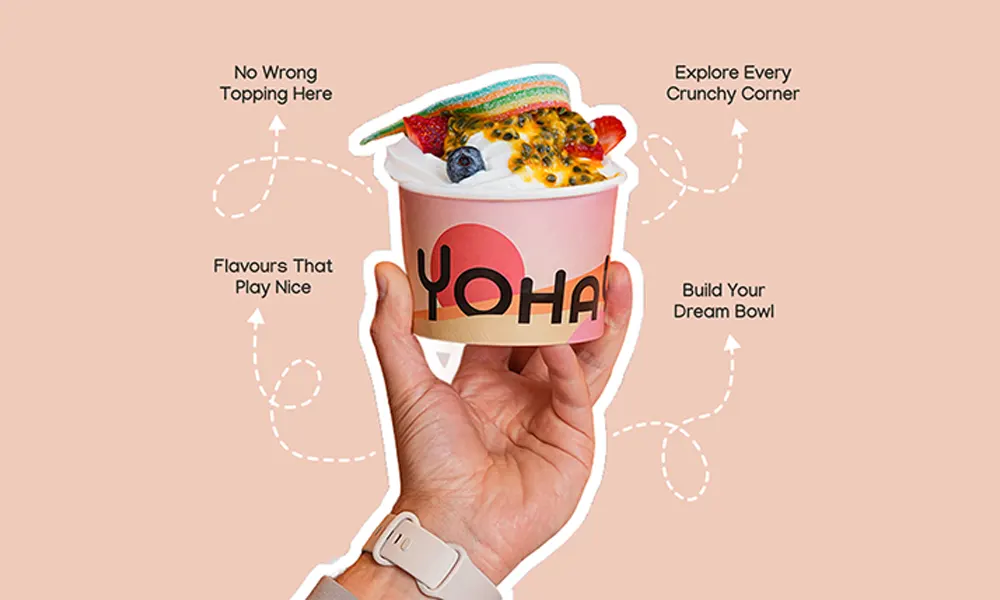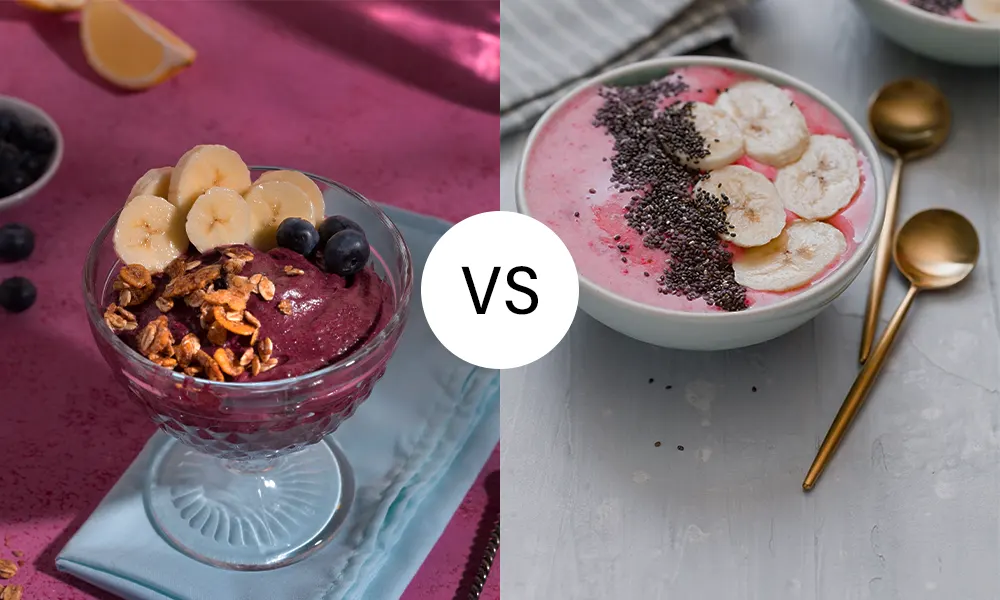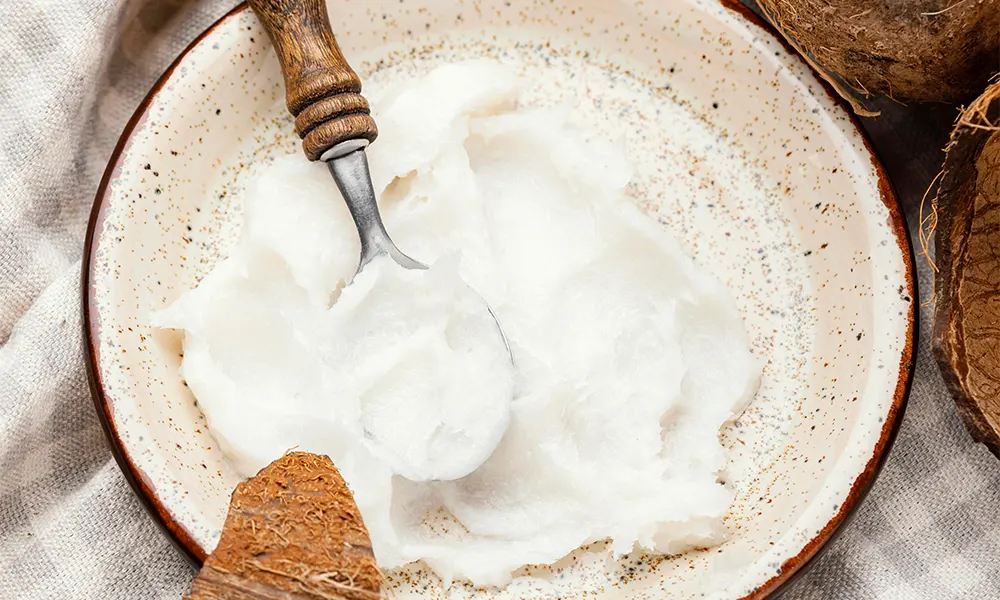G’day, health enthusiasts! Let’s talk about one of the most talked-about superfoods of the decade: the acai berry. This small, vibrant fruit, native to the Amazon rainforest, has taken the wellness world by storm. Among the many questions asked about this powerhouse is, “Does acai have protein?” The answer isn’t just a simple yes or no there’s a lot more to explore about its protein content and broader nutritional profile. So, let’s dive in and uncover why acai deserves a spot in your healthy diet.
Does Acai Have Protein? The Basics
The short answer is yes, acai does have protein but in modest amounts. A 100g serving of acai pulp typically contains around 1-2 grams of protein. While this may not compete with protein-heavy foods like eggs or chicken, it’s a respectable contribution from a fruit. Acai’s protein content adds to its overall appeal as a nutrient-rich food, but it’s just one piece of the puzzle.
A Closer Look: Acai’s Nutritional Powerhouse
While asking “Does acai have protein?” is valid, it’s essential to look beyond protein alone. Acai is celebrated for its unique combination of nutrients that promote overall health. Here’s what makes it special:
Rich in Antioxidants
Acai is packed with anthocyanins, a type of antioxidant responsible for its deep purple colour. These antioxidants combat oxidative stress, helping protect your cells from damage and promoting longevity.
Dietary Fibre
Acai provides a good dose of dietary fibre, aiding digestion and keeping you full longer, which can support weight management.
Healthy Fats
Unlike most fruits, acai contains healthy fats, such as omega-3, omega-6, and omega-9 fatty acids, which are crucial for brain health and reducing inflammation.
Vitamins and Minerals
Acai is an excellent source of vitamin A, vitamin C, calcium, and potassium, contributing to improved immunity, bone health, and overall well-being.
How to Boost Protein with Acai
Since acai’s protein content is relatively low, incorporating complementary ingredients can turn your acai-based meals into protein-rich powerhouses. Here’s how:
Acai Bowls with Protein Toppings
Top your acai bowl with ingredients like Greek yoghurt, chia seeds, almond butter, or granola enriched with nuts. These add protein and enhance the flavour and texture.
Acai Smoothies with Protein Powder
Adding a scoop of protein powder to your acai smoothie is a quick and efficient way to meet your daily protein goals. Popular flavours like vanilla or chocolate blend seamlessly with acai’s natural taste.
Nut and Seed Mixes
Incorporate a sprinkle of sunflower seeds, pumpkin seeds, or crushed nuts into your acai bowls or smoothies for an added protein punch.
Does Acai Have Protein? Comparing to Other Fruits
When comparing acai to other fruits, its protein content is on par. For example:
- Blueberries: ~0.7g protein per 100g
- Raspberries: ~1.2g protein per 100g
- Bananas: ~1.1g protein per 100g
What sets acai apart is its combination of protein, healthy fats, and antioxidants, making it a nutritional triple threat.
The Bigger Picture: Why Acai Deserves a Spot in Your Diet
Acai is more than its modest protein content. It’s a versatile, nutrient-dense food that can elevate your health in various ways. Here’s why you should consider adding it to your diet:
- Supports Heart Health: The omega fatty acids in acai promote cardiovascular health.
- Boosts Immunity: Its rich antioxidant content strengthens the immune system.
- Enhances Skin Health: Acai’s nutrients can help maintain healthy, glowing skin.
- Provides Sustained Energy: The combination of carbs, fats, and protein offers steady energy throughout the day.
Final Thoughts
Whether you’re looking to add variety to your diet or enhance your nutrient intake, acai is a fantastic option. Now that you know the answer to “Does acai have protein?” and understand its benefits, it’s time to embrace this superfood.
Blend Your Health Goals with Yo Hayo! Discover high-quality acai products and more at Yo Hayo. Ready to create nutrient-packed meals that taste incredible? Contact us today!
FAQs
-
How much protein does acai provide?
Acai provides a modest amount of protein, with about 1-2 grams per 100g serving of acai pulp. While this isn’t as much as protein-rich foods like eggs or meats, it still contributes to your overall protein intake when included in your diet. Acai’s protein content, though modest, is part of what makes it a great addition to balanced meals, particularly when combined with protein-rich toppings like Greek yogurt or nuts. So, while acai isn’t a high-protein food, it’s a great complement to a varied diet.
-
Can acai help with muscle recovery?
Acai can support muscle recovery, but it’s not a direct source of protein like meat or legumes. Acai’s healthy fats, antioxidants, and fibre are excellent for reducing inflammation and promoting overall health, which can aid in the recovery process. However, if you’re looking for a post-workout boost, combining acai with protein-rich foods like Greek yogurt or adding protein powder to your acai smoothie can provide the necessary protein to help repair and rebuild muscles after exercise.
-
Does acai help with weight loss?
Acai can be a great addition to a weight-loss diet, thanks to its high fibre content and healthy fats. The fibre in acai helps promote a feeling of fullness, which may reduce overeating. Additionally, the healthy fats, like omega-3s, support metabolism and help reduce inflammation, which can contribute to weight management. However, to make acai bowls or smoothies more weight-loss-friendly, it’s essential to watch the added sugars and opt for healthier toppings, like fresh fruit or seeds, rather than sugary granola or syrups.
-
Is acai suitable for vegans?
Yes, acai is entirely plant-based, making it a suitable option for vegans. It’s a great source of antioxidants, healthy fats, and fibre without any animal products. However, when preparing acai bowls or smoothies, it’s important to check the other ingredients. For example, some toppings may contain honey or dairy, so opting for vegan-friendly additions, such as plant-based granola, almond butter, or coconut yogurt, can ensure your acai treat remains 100% vegan.
-
How can I incorporate acai into my diet?
Incorporating acai into your diet is simple and delicious. Acai bowls are a popular choice, where you can blend acai puree with fruits and top it with healthy additions like granola, nuts, and seeds. You can also make acai smoothies, adding protein powder or other supplements for an extra boost. Acai can even be added to baked goods or desserts for a nutrient-packed twist. The versatility of acai makes it an easy addition to your daily meals, whether you’re looking for a breakfast, snack, or post-workout option.





